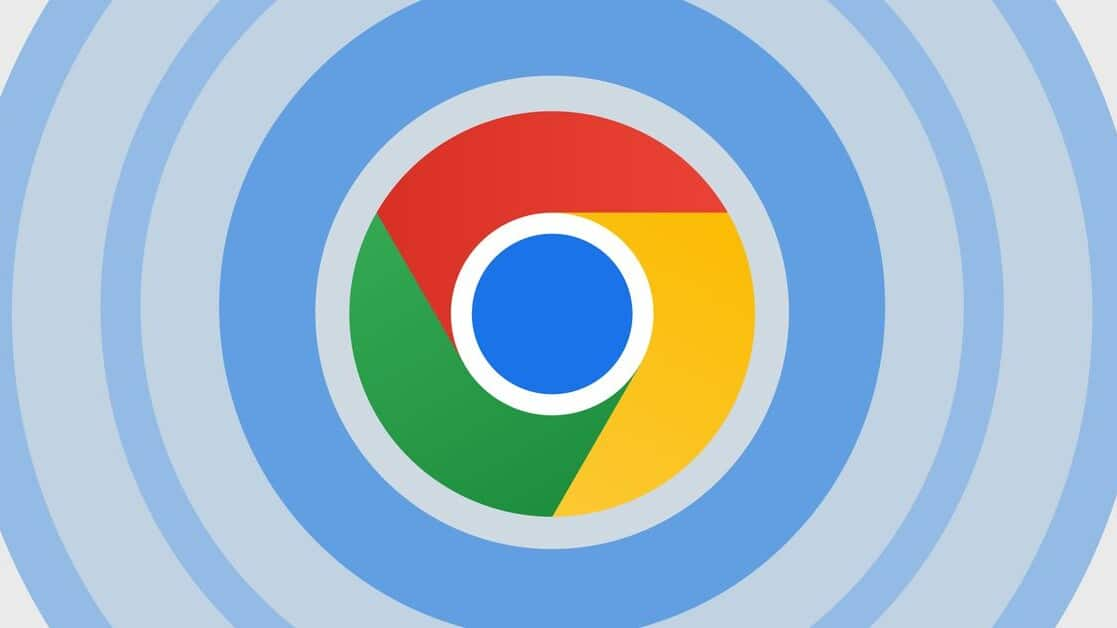
Google Chrome now lets you search browsing history conversationally
What's the story
Google is set to revolutionize the way users interact with their browsing history on Chrome. The tech giant is introducing a feature that allows users to use natural language queries to search their past online activities on Google Chrome. This innovative tool, powered by Google's large language model called Gemini, will enable users to ask questions like "What was that ice cream shop I looked at last week?" and receive relevant results from their browsing history.
User convenience
Feature aims to simplify user experience
The new feature is designed to simplify the user experience by eliminating the need to remember specific URLs. Initially, it will be available exclusively for desktop users in the US. However, due to privacy concerns, this feature will not work with websites visited in Incognito mode. Parisa Tabriz, Vice President of Chrome, emphasized that Google does not use browsing history or tabs data for training its large language models.
Privacy assurance
Google prioritizes privacy in new feature
Tabriz stressed the importance of privacy in relation to browsing history, describing it as "super personal, sensitive data." She assured that Google is committed to being thoughtful and prioritizing privacy from the start and by design. The new feature will be opt-in and will use a cloud-based model to generate results. Tabriz also hinted at the possibility of allowing the model to run on-device once they can ensure quality performance for an optimal user experience.
AI integration
Google Lens and Tab Compare: New AI-powered features
In addition to the conversational search feature, Google is also integrating two new AI-powered features into Chrome: Google Lens and Tab Compare. The former, already popular on Android and iPhones, will now be accessible on desktop Chrome in the US. Users can activate it by clicking its icon on the address bar and clicking on anything they want to search within a web page. The results will show up in a sidebar directly on the current tab.
Enhanced capabilities
Google Lens's text parsing and Tab Compare's overview
Google Lens also has the ability to parse text within videos. Users can pause a video and select any text displayed in the frame for a quick description in a sidebar with more AI-generated information about it. On the other hand, Tab Compare provides an AI-generated overview of products across multiple tabs in one place, making product comparison easier by consolidating all essential details like product specs, features, price, and ratings into one tab.